Bangladesh is increasingly looking towards China to move forward with the Teesta River project, with a key extension of the agreement in the works.
Water resources adviser Syeda Rizwana Hasan has confirmed that the agreement, which was set to expire, will now continue until 2026.
The government is pushing for finalizing the project plans this year.
However, experts believe that no matter how the project develops, Bangladesh must keep pressing India to ensure a fair share of water from the Teesta River.
China initially showed interest in the Teesta project in 2020, committing to a project worth around 8,500 crore taka.
However, after the 2024 national elections, Bangladesh shifted its focus away from China, straining relations between Dhaka and Beijing.
Since the interim government took office, discussions with China have restarted.
According to Syeda Rizwana Hasan, the Teesta project falls under a water management agreement between Bangladesh and China.
The agreement, which was set to expire, has now been extended until 2026.
She said, "Bangladesh has an MoU with China, and the period of that MoU is being extended. This means we are proceeding with the agreement we already have with China. Even with a two-year extension, the plan must be finalized within this year."
She further explained that China has been asked to develop the Teesta project after consulting with local communities and addressing issues in the previous master plan.
"The earlier master plan was considered feasible and sustainable by the Chinese government. However, now a new plan is required. As a result, other projects on the Teesta River are not progressing as expected, and the government is not taking the necessary actions. Many tasks are left pending because of the planning issues. We don’t want authority in this regard. We’ve told them we need two key additions," Rizwana Hasan added.
While the Teesta master plan is under development, experts believe that Bangladesh must not only rely on China but also apply constant pressure on India to ensure that Bangladesh receives its fair share of water from the river.
Dr. Ainun Nishat, a water and river expert, pointed out that the issue of water sharing is more political than technical.
"The water-sharing agreement is a political issue, not a technical one. We won’t know what projects are being implemented until they are made public. What exactly is happening? We are confused due to the lack of transparency. Whether it`s China, America, Russia, or India – we must know what they are doing."
Dr. Nishat also raised concerns about how the new master plan will tackle water shortages, especially during the dry season, when the Teesta River requires more water.
"We don’t know how much the new master plan will address the issue of water scarcity in the dry season. That remains a concern," he said.
Experts and local communities are hopeful that the revised plan will bring about much-needed changes, especially in managing water resources more effectively and providing a solution to the water-related challenges faced by those living along the Teesta River.


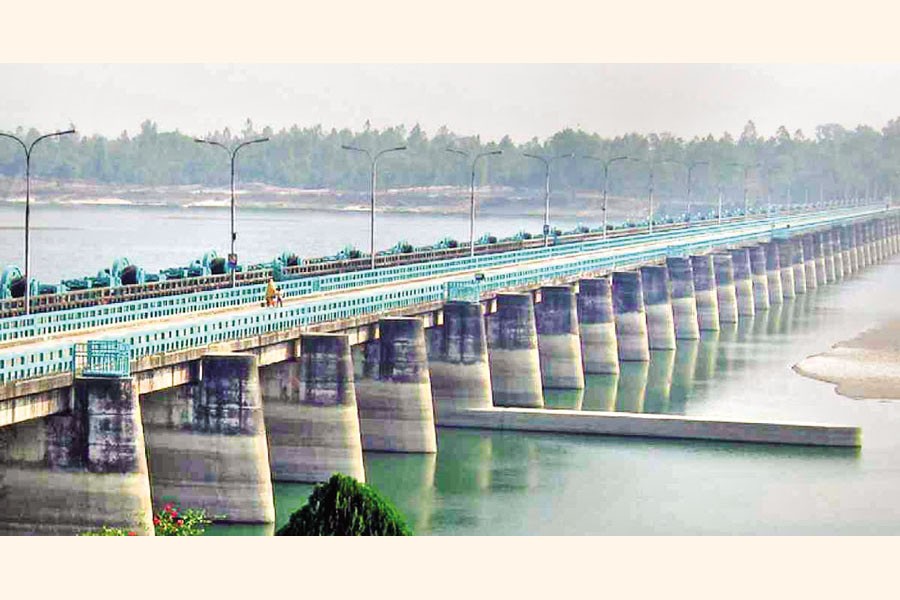


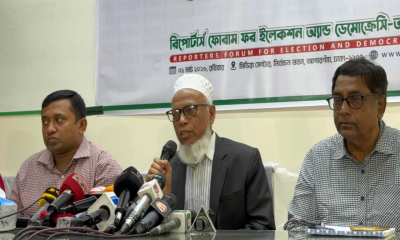
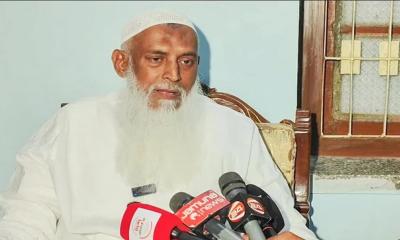
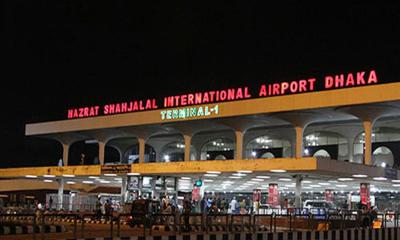




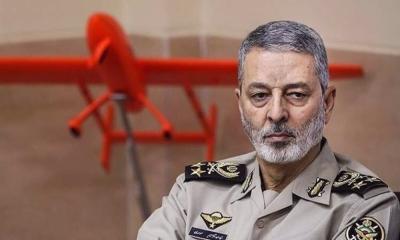

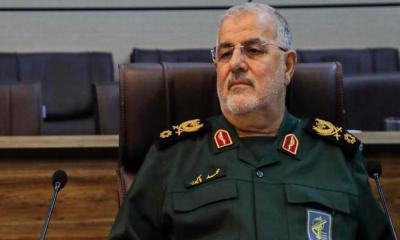
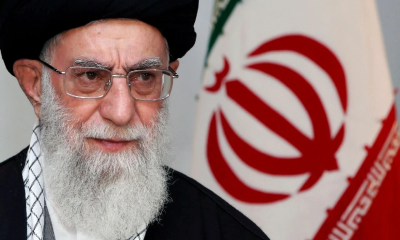
-20260301064029.webp)
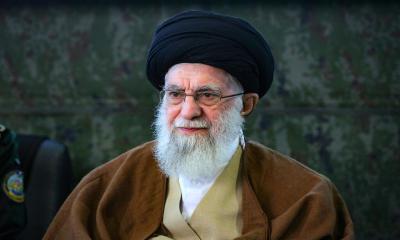
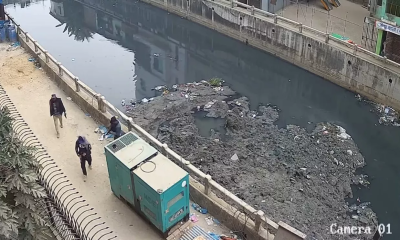

-20260228080513.webp)




-20260224075258.webp)






-20260225072312.webp)
